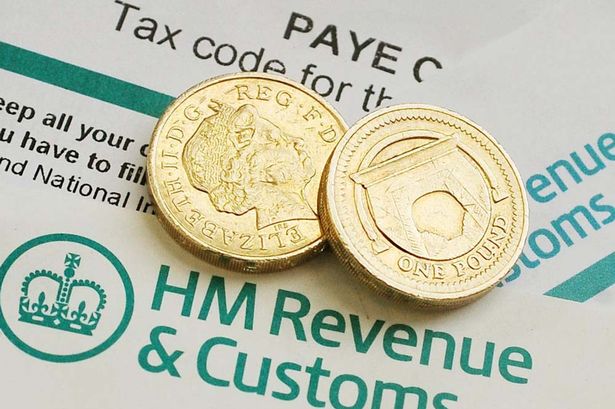HM Revenue & Customs should concentrate on trawling data to catch persistent tax evaders rather than punish taxpayers who make mistakes with ever more hefty fines and penalties.
The warning comes from the Chartered Institute of Taxation responding to the Treasury Sub-Committee’s call for evidence about tax avoidance and evasion.
CIOT argues that HMRC is inflicting heavy fines on taxpayers who are careless or make mistakes about their tax returns without reducing the number of offshore tax evaders.
The group of tax professionals claims that although tax avoidance has dropped in recent years, the amount of tax evasion has remained constant.
CIOT also points out that ‘non-compliance’ is the same if tax avoidance or evasion happens on or offshore, which makes punishing expats and offshore taxpayers unfair.
Error or ignorance
“It is important to differentiate between the different behaviours that caused the non-compliance. Non-compliance could have nothing to do with avoidance or evasion, but simply be due to error or ignorance,” said tax policy direct John Cullinane in the CIOT submission to the committee.
“This sort of ‘creep’ has started in some recent legislative measures and proposals, applying comparable time limits and sanctions penalties for both deliberate and non-deliberate errors. In our view this is inappropriate, and sets a dangerous precedent for future measures.”
CIOT went on to examine how HMRC investigates non-compliance and suggests that instead of implementing tougher penalties, more IT resources and manpower should be directed at analysing data shared with tax authorities in other countries.
Hidden economy
“The government should focus its attention on addressing the elephant in the room – onshore tax evasion and the hidden economy – through continued investment in data analytics and increasing the number of fully trained compliance officers within HMRC,” said Cullinane.
“CIOT does not believe that further legislation is required, as the constraints on HMRC’s success do not lie in deficiencies in the legal framework.
“The institute’s view is the most effective way to reduce illegal activity is to increase the risk of being caught, which naturally requires additional resources within HMRC.
“This general caution should not prevent the Government introducing specific well-targeted anti-avoidance measures as necessary in order to protect the tax base.”
